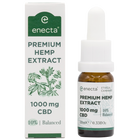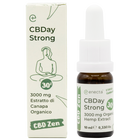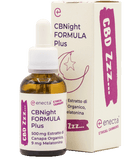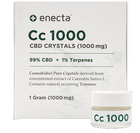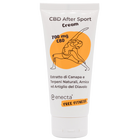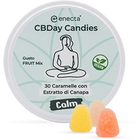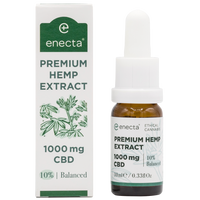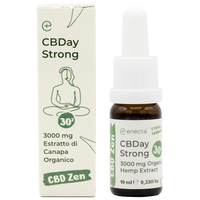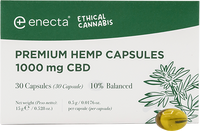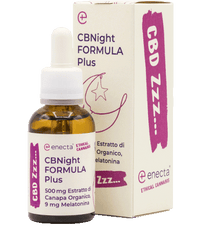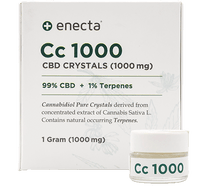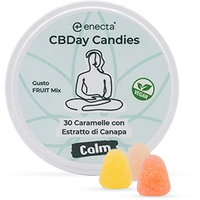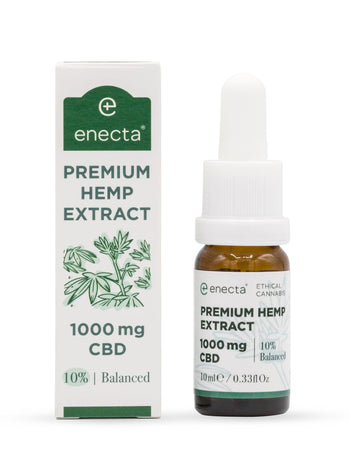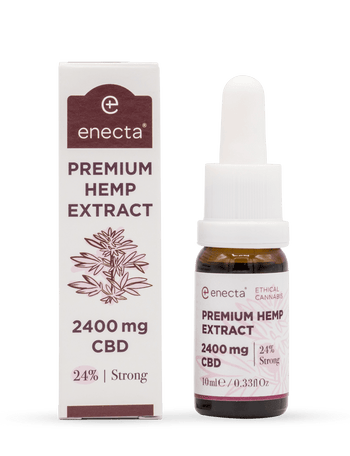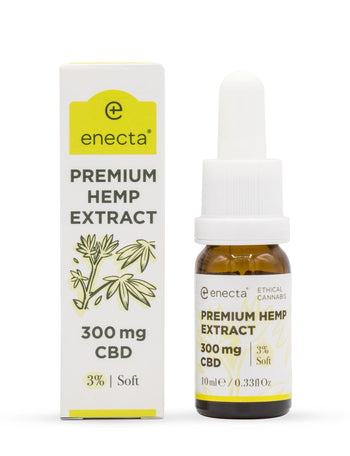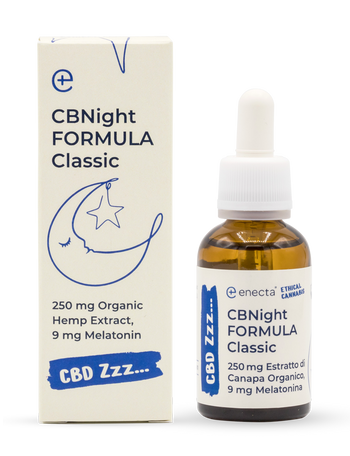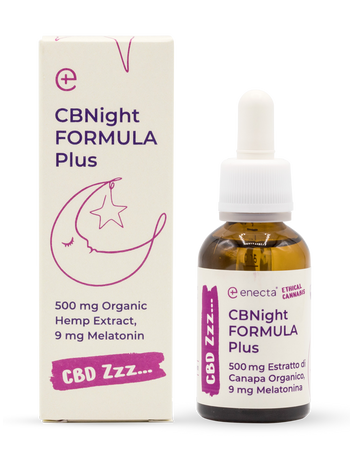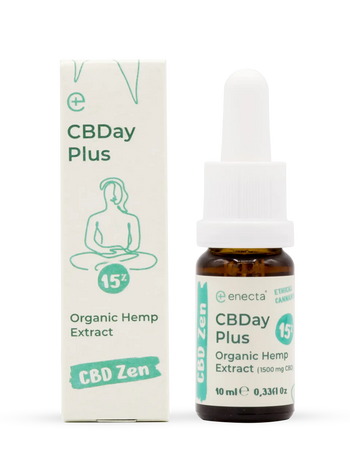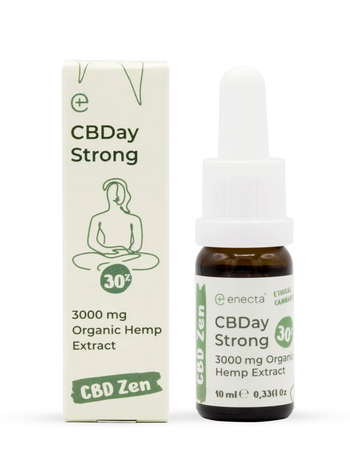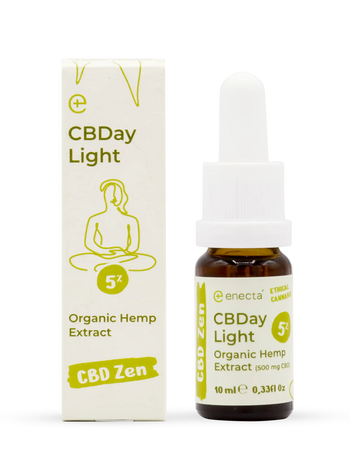Rarely discussed yet frequently used, Cannabidiol (CBD) is highly versatile in its efficacy of reducing, and in some cases, eliminating, symptoms associated with an extensive range of medical ailments.
Project CBD, a Californian-based nonprofit run by Tiffany Devitt, is dedicated to the promotion and publication of research into the medical uses of CBD.
In its 2019 report, Project CBD released a comprehensive research survey uncovering who uses CBD, what products they use, how they use it, and what they use it for.
Surprisingly, or perhaps unsurprisingly, the surveyed participants reported using CBD for over 200 different medical conditions and recorded significant improvements in their physical and mental health.
So who is using CBD?
According to the survey, the typical user of CBD is female, Caucasian, over the age of 45, and a U.S. resident. Among the 3,000 recorded responses, 62.4 percent were female compared to 34.1 percent male. An overwhelming response by the female sex that may reflect an inclination toward herbal remedies and healthcare in general. Almost two-thirds of participants were over the age of 44 with at least 20 percent over 64. This may be due to CBD’s ability to reduce pain and disrupted sleep, both common ailments with an older demographic. Over 80 percent of participants were located in the U.S., possibly due to the legality and ease of access to medicinal cannabis products in 35 states. A large proportion of participants were also well-educated with three-quarters reporting having a degree or some form of post-secondary education.
Hemp vs. Cannabis
Hemp nudges cannabis out for first place with just over half of participants reporting they use CBD derived from hemp, while 40 percent reportedly use CBD derived from cannabis. With less than 0.3 percent THC, it appears CBD users prefer the medicinal benefits of the hemp plant and wish to avoid the side effects that come with THC.
As for the consumption of CBD, participants voted overwhelmingly in favour of methods such as tinctures or topical creams. Some reportedly use a combination of both and take it multiple times a day. Participants also avoided methods such as smoking, vaping, or eating edibles which may be a conscious health decision or an effort to avoid the stigma surrounding CBD and more specifically, cannabis.
Why are they using CBD?
Participants reportedly used CBD to provide short-term relief, manage pain or completely get rid of symptoms for over 200 different medical conditions. From common ailments such as pain, poor sleep, depression and anxiety, and hormonal problems (particularly for women) to serious, life-threatening illnesses such as cancer, Alzheimer’s disease, and Parkinson’s disease.
There was an overwhelming positive consensus among participants who reported significant improvements in their conditions after taking CBD.
Let’s take a brief look at the results.
- CBD for pain
Alleviating pain, particularly for inflammation and arthritis, was the most popular use of CBD with just under 90 percent of participants reporting vast improvements to the intensity, frequency, and duration of their pain. Without CBD, participants reported a 6.85 pain score, however, after CBD, they reported a drastically reduced score of 2.76. A 60 percent decrease. As the study also points out, CBD has the potential to become a non-toxic and non-addictive alternative to pain management as opposed to opioids which have been well-documented as highly addictive and incredibly dangerous.
- CBD for sleep
Disrupted sleep causes a range of knock-on effects, including fatigue, irritability, and decreased concentration levels. Taking CBD had vast improvements in the affected participants’ ability to have a restful sleep. Without CBD, it took participants approximately 62 minutes to get to sleep. However, with CBD, only 20 minutes was required to induce a restful night. This result would be probable given a recent study that found sleep improved after CBD, however, these results fluctuated over time. A higher dosage of CBD may be required for long-term effectiveness.
- CBD for mood disorders
Anxiety and depression are two of the most common illnesses in the U.S., with anxiety affecting approximately 18.1 percent of the population every year. Over 1,631 participants reported using CBD for their mood disorder with 92 percent declaring CBD as an effective tool in the relief of mood swings, agitation, irritability and sadness. While 68 percent said their feelings of ‘nervousness’ were “much better”. Again, these positive results perhaps indicate a shift from potentially addictive prescription drugs to an alternate, herbal, and non-addictive alternative.
- CBD for hormonal conditions
CBD proved effective with some PMS and post-menopausal symptoms in almost all 452 female participants. Results indicate that CBD effectively addressed issues such as mood swings, painful cramping, and night sweats. However, participants noted CBD was ineffectual at decreasing PMS bloating and food cravings which may result in THC’s ability to cause hunger. However, there is little evidence to suggest CBD, especially CBD derived from hemp, would cause such an issue.
- CBD for post-traumatic stress disorder (PTSD)
Surprisingly, 69 percent of participants using CBD for their PTSD were females. They categorised their PTSD as ‘moderate’ and have lived with the disorder for over ten years. Participants reported effectiveness in treating a considerable amount of PTSD-related symptoms, including anxiety, mood swings, depression, and panic attacks. To a lesser degree, CBD was also able to assist in reducing unwanted thoughts, night terrors, and heart palpitations. Interestingly, this group preferred CBD derived from or used in conjunction with cannabis.
- CBD for ADHD (attention-deficit/hyperactivity disorder)
CBD has long been discussed as an alternative treatment for ADHD. Studies suggest CBD shows ‘insignificant improvement on cognitive function and symptom reduction’ and ‘nominal improvement on impulsivity and hyperactivity’. However, this study produced slightly different results. Of the 263 participants, around 71 percent were female and 38 percent, male. As reported by the group, CBD was particularly effective in minimising distractibility, increasing attention span and decreasing feelings of irritability and agitation. However, some participants reported CBD did not help with procrastination, rather, it made these symptoms worse.
- CBD for cancer
Patients reported using CBD for over 32 different types of cancer with breast, prostate, and colon/renal among the most common cancers. Most of the 214 participants were more likely to use CBD derived from or in conjunction with cannabis. This may be due to its ability to relieve the side effects associated with chemotherapy and radiation treatments. It could also be used due to previous research pointing towards a possible link between THC and its potential cancer-fighting qualities. Nonetheless, participants reported CBD to be most helpful in reducing nausea, weakness, neuropathy and helped to increase patient appetite.
- CBD for brain injury
Traumatic brain injuries (TBI) were the most common form of brain injury reported by the 128 participants. They found CBD to be most effective in relieving headaches, irritability and agitation. Majority of existing research into brain injuries and CBD have been limited to the study of animals. However, a 2012 study using rats found CBD had positive effects on long-term brain injuries, including reducing the severity of the injury and restoring neurological function. The results are positive for brain injury sufferers and as research slowly shifts to humans we should eventually have a better understanding of whether CBD is a viable alternative treatment.
- CBD for diabetes
The majority of patients in this category who were using CBD for diabetes were suffering from type 2 diabetes. The results showed significant improvements in the blood sugar levels of participants. Without CBD, patients reported an average blood sugar level of 178. After using CBD, that level dropped to 130. In addition, some patients were able to report CBD assisted with their ability to maintain a healthy weight, which of course is crucial in reversing the effects of type 2 diabetes. Similar to CBD in brain injuries, studies have mostly been conducted using rats. However, one study that set out to examine the effects of CBD and patients with type 2 diabetes revealed the THC compound in CBD has the potential to represent a new treatment in glycemic control.
- CBD for gastrointestinal (GI) disease
Patients with irritable bowel syndrome (IBS) was the most common GI condition among the 366 participants in the study. They found CBD most effective in relieving abdominal cramps, nausea, indigestion, and fatigue. Interestingly, many found it ineffective at helping them maintain a healthy weight conflicting with previous results found in those taking CBD for type 2 diabetes.
- CBD for alcoholism and addiction
According to the Centers for Disease Control and Prevention, nearly 70 percent of the 67,367 deaths in 2018 involved opioids. In this study, 36 percent of participants were reported to be addicted to opioids while a staggering 68 percent were addicted to alcohol. When asked what the primary goal was when taking CBD for addiction, 70 percent wanted to avoid a relapse, 23 percent wanted to use a less addictive substance, and 7 percent were attempting to manage the symptoms associated with withdrawal. CBD proved to be successful on all three accounts. Patients reported CBD to be especially helpful in getting them to stay off opioids. This is consistent with studies that found patients choose to voluntarily ease off opiates when cannabis is used simultaneously.
Final thoughts
The results in the Project CBD study indicate an overwhelmingly positive response to CBD and its significant effectiveness in managing a variety of physical and mental conditions. Most promising is CBD’s ability to reduce, and in some cases, eliminate, prescription medications for anxiety and depression. Perhaps most importantly, is CBD’s ability to help patients get off opioids. It’s certainly a positive outcome for those suffering from a varied range of health conditions, sending a strong message that CBD is a viable medicinal option and it’s here to stay

